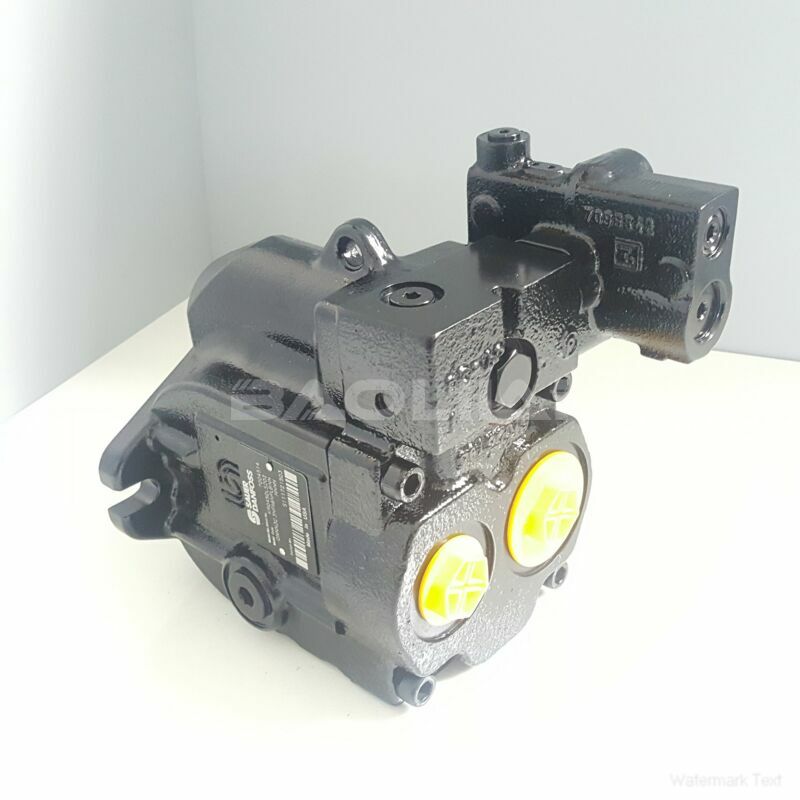KRR045DLS2118NNN3C2NFA6NAAANNNNNN sauer danfoss pump
Geothermal heat pump systems are increasingly embraced for their energy efficiency and sustainability in heating and cooling applications. As these systems gain traction, the importance of selecting the right components, such as hydraulic oil pumps, becomes paramount. Hydraulic oil pumps play a critical role in transferring heat and maintaining system efficiency, making their design and implementation essential for the optimal performance of geothermal heat pump systems.
KR-R-045D-LS-21-18-NN-N-3-C2NF-A6N-AAA-NNN-NNN
KRR045DLS2118NNN3C2NFA6NAAANNNNNN
Hydraulic oil pumps serve to circulate the thermal transfer fluid between the ground loop and the heat pump unit, ensuring efficient heat exchange. The design of these pumps must consider several factors, including fluid dynamics, pressure requirements, operational temperature ranges, and energy efficiency.

83062155
One of the foremost considerations in pump design is the selection of materials. The hydraulic oil used in these systems can vary significantly in temperature and chemical composition, depending on the geothermal source. Therefore, the materials for the pump components must be able to withstand potential corrosion and temperature fluctuations without degrading over time. Commonly used materials include stainless steel and specially coated alloys that offer longer lifespans and reliability.
Another critical aspect is the pump’s capacity and power requirements. This involves calculating the head loss in the entire system, which includes losses due to friction in pipes, elbows, and valves. Accurately modeling these losses helps in selecting the right pump size and ensuring it operates within its optimal range. Ideally, the pump should be capable of maintaining consistent flow rates while minimizing energy consumption, thus maximizing the overall efficiency of the geothermal heat pump.
Variable speed pumps have emerged as an innovative solution that adjusts the flow rate based on the system’s current demand. This adaptability results in significant energy savings and enhanced system responsiveness. The integration of smart technology into these pumps, employing sensors and automation, allows for real-time monitoring and adjustments, increasing the system’s overall efficiency.
The design process also extends to considering noise levels and vibration. A well-designed hydraulic oil pump should operate quietly and smoothly, reducing the overall sound footprint of the geothermal system. This factor is critical, particularly in residential installations where noise can be a significant concern.
Maintenance is another aspect that cannot be overlooked in the design of hydraulic oil pumps. The system should allow for easy access to maintain and service the pump to ensure its longevity and reliability. Regular maintenance routines, such as checking seals, replacing worn components, and monitoring fluid levels, should be integrated into the overall system design.
This article is published by the official website of Baolilai Hydraulics, please contact the author and indicate the source for reprinting:https://www.baolilai-pump.cn/news/view-2706.html


